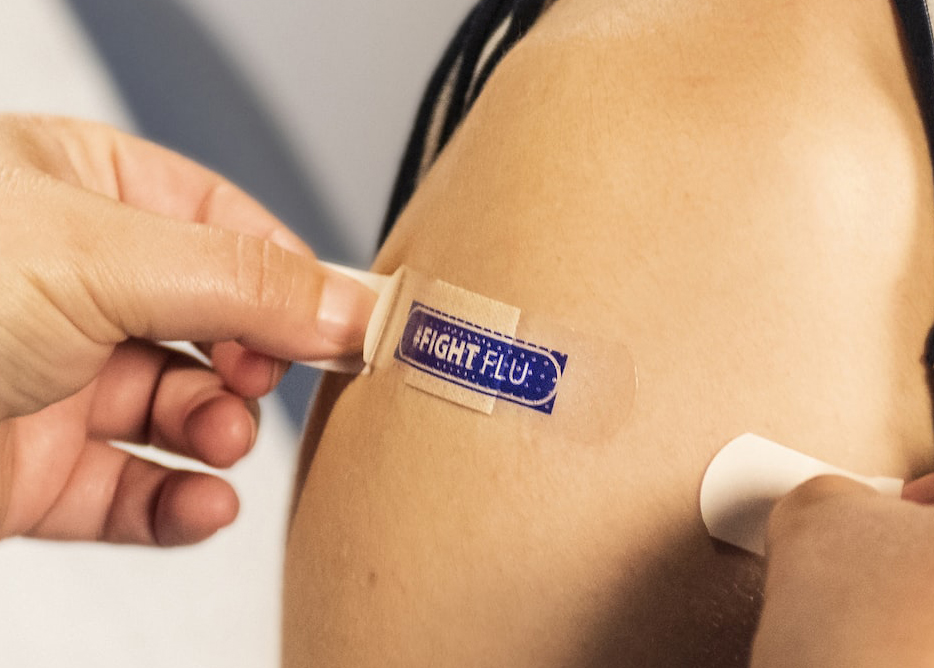The flu season is upon us and now is the time to get your flu vaccine. “About 5% to 20% of the U.S. population gets the flu every year. The CDC estimates that there have been from 9 to 41 million cases of the flu each year between 2010 and 2020,” according to flu.com.
“The flu season typically peaks between December to March. What the CDC recommends is that every individual six months and older get vaccinated in the months of September and October,” says Ashesh Gandhi, PharmD, Regional Head of Medical Affairs, Americas, at CSL Seqirus.
However, vaccination should continue throughout the season as long as influenza viruses are circulating, he says.
With the risk of co-circulation (circulation of two viruses at once) increased this year, thanks to the continuing spread of COVID-19 and predictions of a heavy flu season, it is as important as ever to get vaccinated this year. But equally important is the consideration of which vaccine you take.
Different vaccines for different people
“It is really important that you do a little research into which flu vaccine might be best for you,” says Gandhi. “For example, the CDC made a very specific recommendation for patients 65 years and older to get either an adjuvanted or higher dose influenza vaccine.”
The CDC has a web page on Different Types of Flu Vaccines, where eight different options are outlined:
- The flu shot (most common), is a standard dose flu shot manufactured using a virus grown in chicken eggs.
- The quadrivalent flu vaccines, protect against four different types of flu viruses.
- The cell-based flu vaccines (Flucelvax Quadrivalent), which are grown in mammal cell culture instead of in hens’ eggs. This vaccine is completely egg-free and is approved for people 6 months and older.
- Flu vaccination by jet injector (Afluria Quadrivalent), which is approved for use in people 18 through 64 years old.
- The live attenuated Influenza vaccine [LAIV] (FluMist Quadrivalent), which is given as a nasal spray. This vaccine is made with attenuated (weakened) live flu viruses and is approved for use in people aged 2 through 49. This vaccine is not recommended for use in pregnant people, immunocompromised people, or people with certain medical conditions.
- The high-dose flu vaccine (Fluzone High-Dose Quadrivalent), which contains four times the amount of antigen (the part of the vaccine that helps your body build up protection against flu viruses) as a regular flu shot, to help create a stronger immune response. This vaccine is notably approved for use in people 65 years and older.
- The adjuvanted flu vaccine (Fluad Quadrivalent vaccine), which is made with an ingredient (an adjuvant) that helps create a stronger immune response and is licensed specifically for people 65 years and older.
- The recombinant flu vaccines (Flublok Quadrivalent) are produced using a method that does not require an egg-grown vaccine virus. This vaccine contains three times the antigen compared to other, standard-dose inactivated flu vaccines, to help create a stronger immune response.
Get vaccinated
“It is important for individuals to think about this Flu season,” says Gandhi. “The last couple of flu seasons were mild because we were still sheltering from COVID-19, so flu hasn’t been on top of our minds. But because we have seen that the flu has already hit places like Australia hard this season (and this may be a predictor for what we might see/ encounter in the Northern Hemisphere) I think it is important for people to be vigilant. Flu vaccinations are easy to get from any pharmacy or health care provider and the time to get vaccinated is now.”




